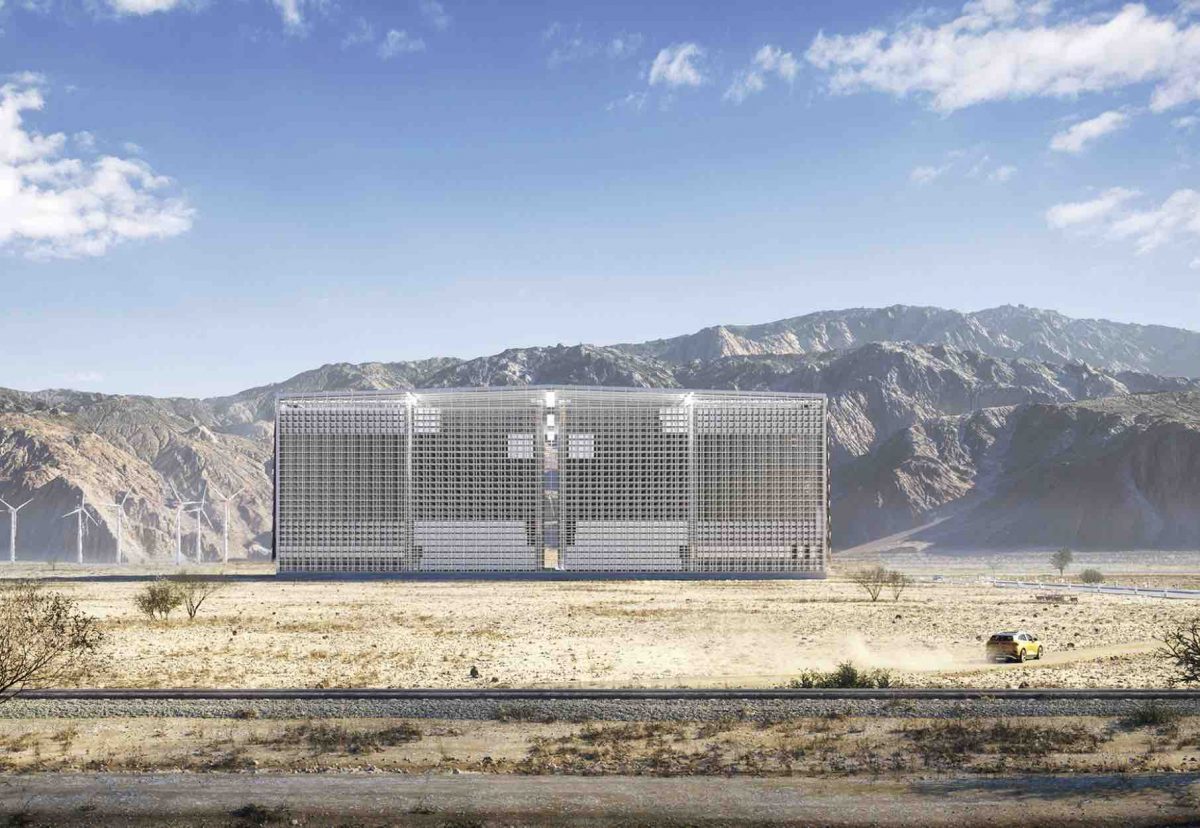US-based gravity storage proponent Energy Vault has announced plans to build a conventional two-hour big battery in Australia, alongside a proposed 330MW solar farm in Victoria.
Energy Vault has made headlines in the past year with its unique gravity storage technology that proposes to lower heavy weights, such as composite blocks down a shaft – acting in a similar way to pumped hydro, but using solid mass instead of water.
It has struck MoUs with some big names in the industry, such as BHP and also a potential “multi gigawatt hour” storage proposal with Ark Energy for use with the Sun Metals zinc refinery in Queensland. And it has been backed by the likes of Saudi Aramco.
In the absence of any new gravity storage deals, Energy Vault has been focused on a series of battery storage projects, including a number of big deals announced in the US. The latest, and its first battery project in Australia, is for a planned solar farm in the wine and cheese-oriented King Valley.
Bringing battery storage to the King Valley
A statement issued on Thursday says Meadow Creek Solar Farm has issued a notice of award to Energy Vault to co-locate a 250MW/500MWh battery on its site south of Wangaratta.
The solar development is still in planning stages but intends to develop a 330MW solar PV farm with capacity to power 110,000 homes. Energy Vault plans to now start advanced grid studies and modelling, as required by the Australian Energy Market Operator (AEMO).
Meadow Creek Solar Farm has an anticipated start date for the whole development of mid-2024, according to project overview documents seen by RenewEconomy.
The proposed 566ha site in rural Victoria will include a substation and transmission connection with a 30-year operational life. It is currently running townhall meetings with the local communities.

It plans to make money from the battery technology through Frequency Control Ancillary Services (FCAS) revenue, or energy arbitrage. No data is available for expected project cost or whether the solar farm has any off-take agreements in place.
Meadow Creek Solar Farm chose the Swiss-based Energy Vault for its big battery because of the “solutions approach Energy Vault conducted with our team”, said Cameron Munro, the project’s development manager, in a statement.
“Energy Vault’s high energy density design, the option to work with both Central Storage Inverters or the new AC Block and the most advanced Energy Management Software, that enables multiple use cases, optimal economic dispatching and predictive maintenance, bring flexibility and further options when working with our financial and technical partners (DNV and AusNet Services),” he said.
RenewEconomy is seeking comment from the Australian company.
Trialing a new idea in storage
Energy Vault’s Gravity Energy Storage System, or GESS, has its doubters because the technology is largely untried at grid-scale.
The Swiss company’s version uses cheap power during the day to lift 30 tonne blocks into the air, which are stored in readiness for when their latent ‘what goes up, must come down’ energy is needed. When it is required, the blocks are allowed to fall which “discharges” energy much like a pumped hydro system.
The modular buildings housing the blocks are around 100 metres tall.
Energy Vault has the one 35MWh pilot plant in Switzerland that is connected to the grid in operation, and says it has a 25MW/100MWh project under construction in China.
RenewEconomy is seeking comment from Energy Vault on what kind of performance data they already have from the Swiss pilot.
Big backers
Energy Vault is backed by giants of industry with which it’s signed an impressive array of deals. These include Saudi Aramco, Korea Zinc, the parent company of both Sun Metals and Ark Energy, Atlas Renewable, and a deployment agreement with BHP.
A deal with Italians Enel Green Power in July 2021 committed the company to build their blocks from end-of-life wind turbine materials.
In Australia, the company recently said it has “multi-gigawatt hour” plans for the Sun Metals’ zinc refinery near Townsville. The refinery already includes a 116MW solar farm and Ark Energy, the sister company of Sun, bought renewables developer Epuron earlier this year as it seeks to build a green hydrogen portfolio.
After a flurry of interest, the company listed on the New York Stock Exchange in February via a SPAC, an on-market special purpose acquisition company designed to acquire an existing company.
But today the company is worth a third of its opening value, currently trading at $US3.53 ($A5.44) with a market cap of just $US484 million.










